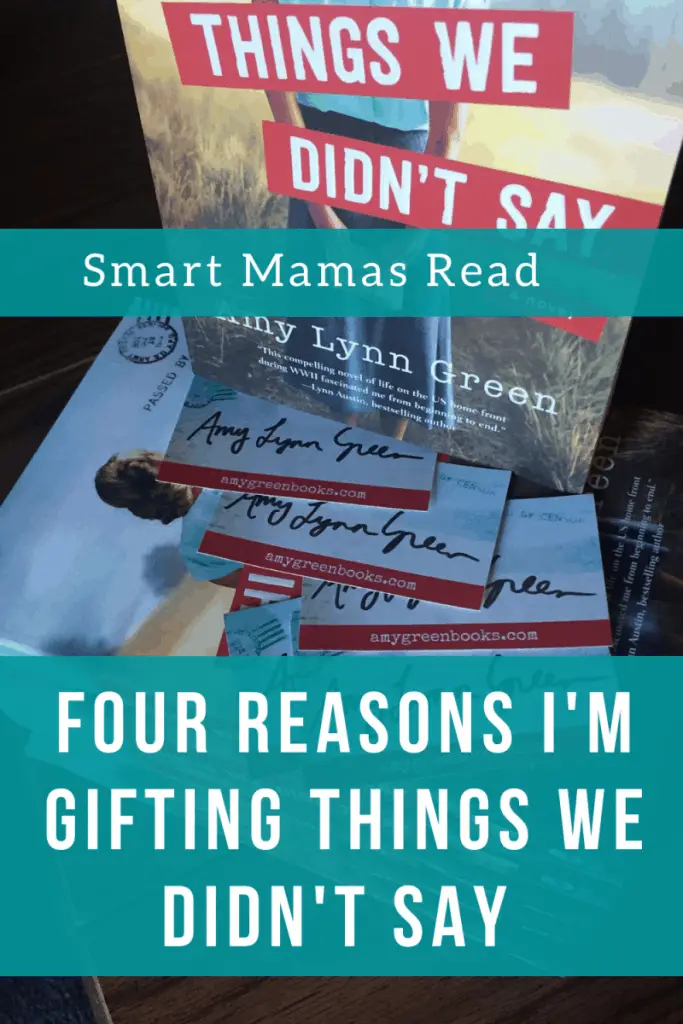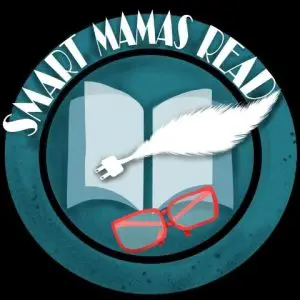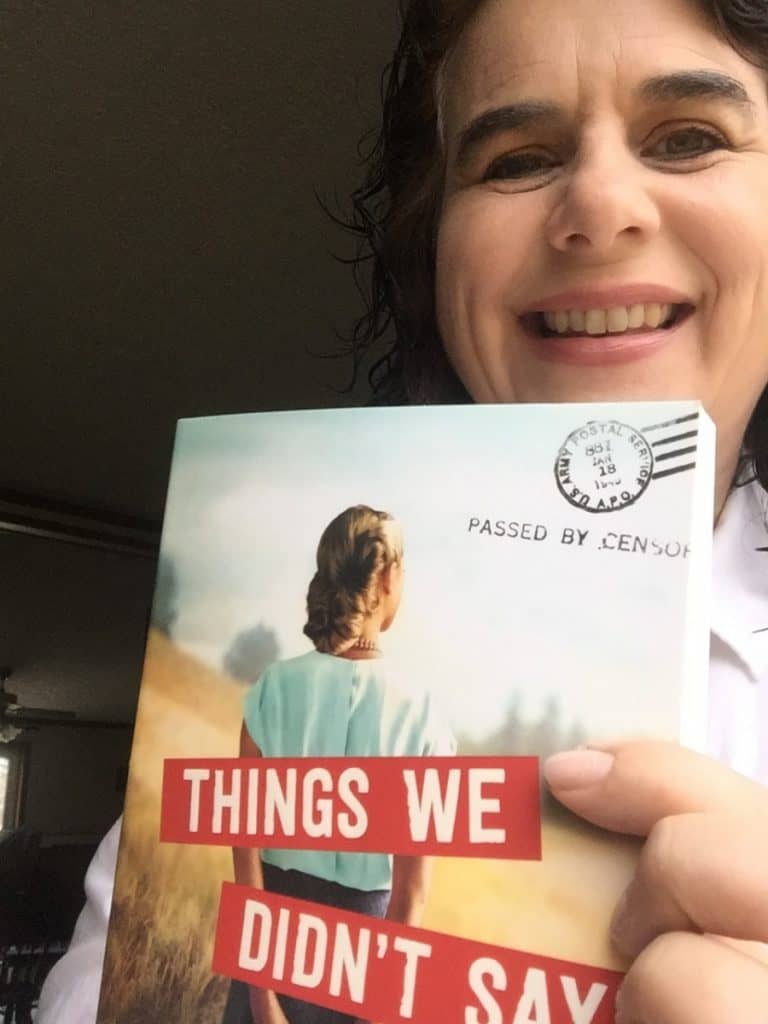
There’s lots of options for gifts, and plenty of books to choose from since books are my gift of choice. So, why am I stocking up on Amy Lynn Green’s debut novel to give to my nieces?
We can learn from historical fiction, I trust Amy Lynn Green’s voice, the next generation urgently needs good books and our young people need heroes.
“You can’t throw a potato peel without hitting a new bestseller” about World War II according to Stephanie Merry in The Washington Post. She proposes theories as to why readers can’t get enough of World War II novels. One is that it’s a time in history with a clearly defined villain. Another is that there are still untold chapters in that period of history to explore.
World War II fiction novels are popular and prevalent. But not all are created equal.

We can learn from historical fiction
We can learn from history, even when it’s fictionalized.
We need to learn from history. The experiences of our lives aren’t enough to make good decisions, even to form a good world view. We need more input.
Number the Stars, and The War that saved my Life are fictional accounts of events that really happened.
And so we can learn from them.
Because even though they are not true stories, they are still someone’s story. Maybe a composite, maybe an expanded account of what really happened.
Behind every great piece of fiction is truth. That’s what makes it great.
One of the biggest pluses for Things We Didn’t Say is pulling back the curtain on a little known chapter of the history of World War 2, the POW camps on US soil that detained mostly German prisoners of war. It’s a chapter we need to know about.
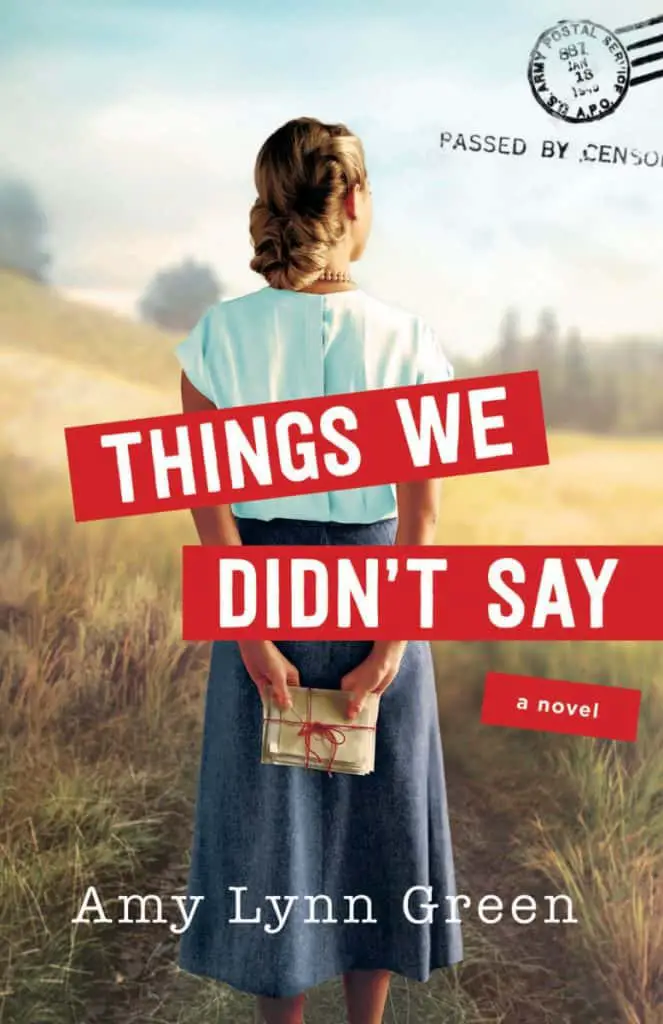
The Next Generation Urgently Needs Good Books
It’s critical to put good books in the hands of the next generation. I believe this to the core of my being.
I believe it’s worth fighting for good books. I believe we need to support them.
In C. S. Lewis’ The Voyage of the Dawn Treader, Eustace Scrubb is a selfish, prideful bully who is pulled into the magical country of Narnia with his cousins and experiences a life-changing encounter with Aslan. The comment is made early in the story that Eustace had never read the right sort of books. Our kids today need the right sort of books. It’s up to us to make sure they get them.
You are what you read, much more than you are what you eat.
For example, Things We Didn’t Say explores inter-racial relationships and prejudice. Great issues to wrestle with in any century. It makes us better people.
Dealing with these important topics is critical for the belief formation of our young people. They are called the formative years for a reason.
The input they receive in the first eighteen years of their life is critical for them to develop the foundational belief system that will guide their lives.
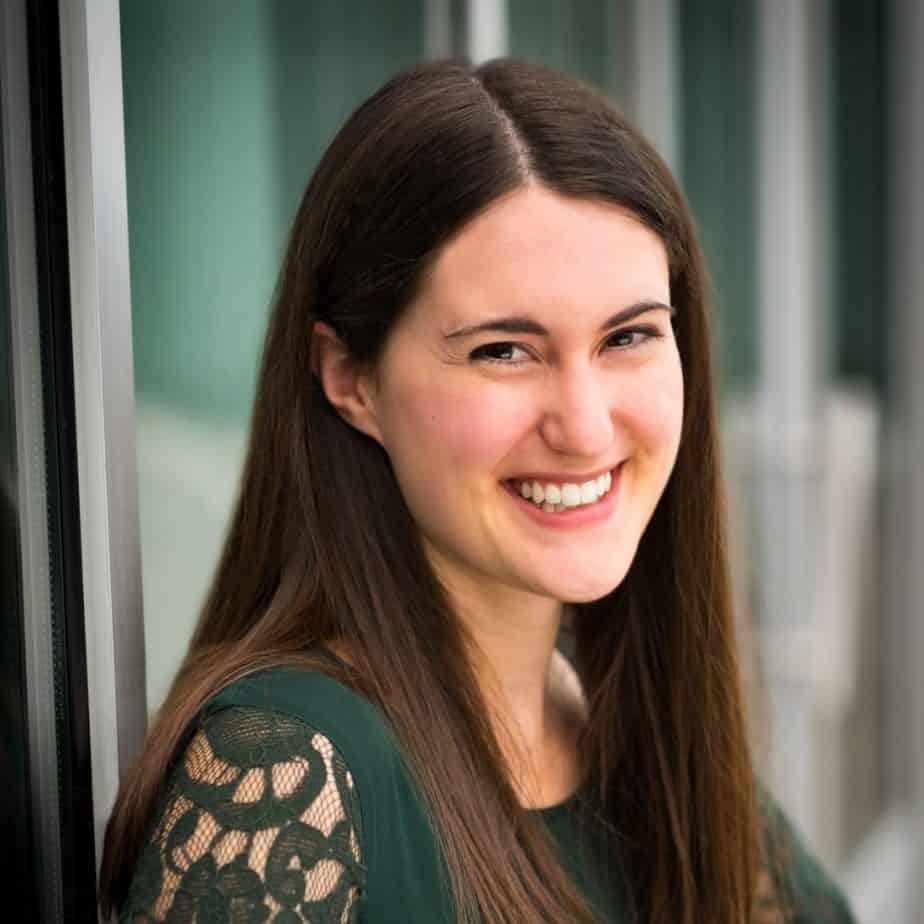
I Trust Amy Lynn Green’s Voice
In perilous times, trust is the scarcest commodity– hard earned and easily lost.
Amy Lynn Green is a voice that I trust.
What is that important? Because many authors have hidden agendas. The lines have become blurred even for Christian authors. It’s hard to know what their world view is and what they believe.
I’m not proposing that you can’t read authors who have differing world views. It’s certainly possible to appreciate authors and artists whose world view don’t align with yours.
But young people in the formative years are influenced by what they read. It’s better if the books we hand them come from voices we trust.
I think steering young people towards those trustworthy voices is important.
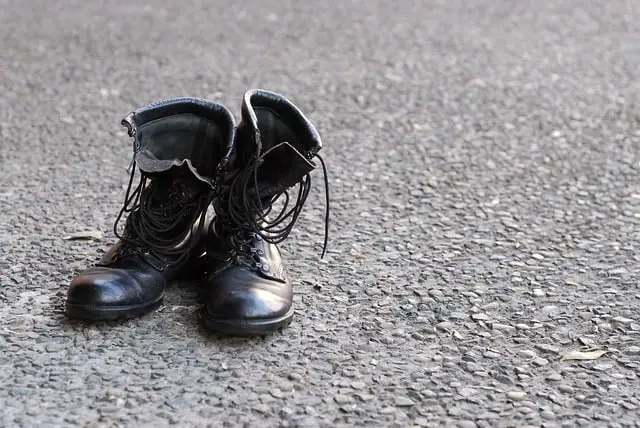
Our Young People Need Heroes
They need the example of heroes, real and imagined, to inspire them to bravely fight their dragons, climb the mountains and bring home treasure.
They need to read about Corrie ten Boom and Sir Edmund Hillary. But they also need to know about Bilbo Baggins and Johanna Berglund.
The heroes of World War II fill that need.
There are still untold stories, unexplored chapters of history to enrich our lives.
This need for role models fuels our passion for World War II tomes, fiction and non-fiction.
In Code Girls we learn of thousands of women toiling to break enemy code. In We Were the Lucky Ones, men and women employed their best survival skills to elude the enemy, preserve their lives and protect their families. These were the people who really lived and really conquered.
We can draw courage from their stories.
Although Johanna Bergland and Peter Ito are fictional characters in Things We Didn’t Say, they are still heroes worth emulating.
We are inspired to be better people, to bravely face the challenges in our lives.
In Things We Didn’t Say, the issues of race, prejudice and patriotism are addressed, as well as the age old question, where is an all-powerful, loving God when things go wrong? Why does He allow it?
Johanna’s struggle with what she believes about God and His goodness is real. We need to see her struggle.
This is what makes a character relatable.
This is what inspires us.
**************
Ever wonder how an author creates a relatable historical fictions character? Amy Lynn Green walks us through the process in her guest post on this site.
